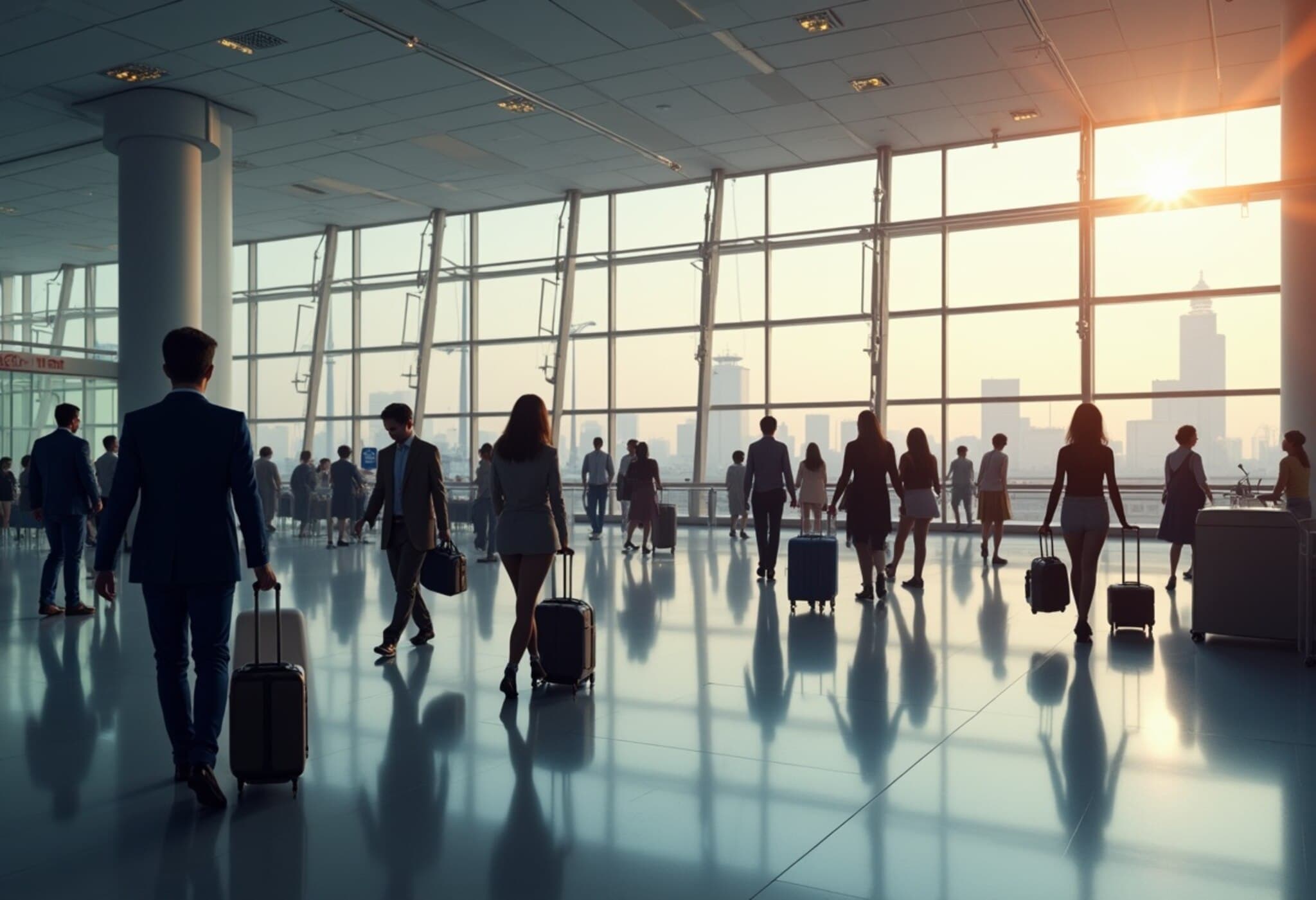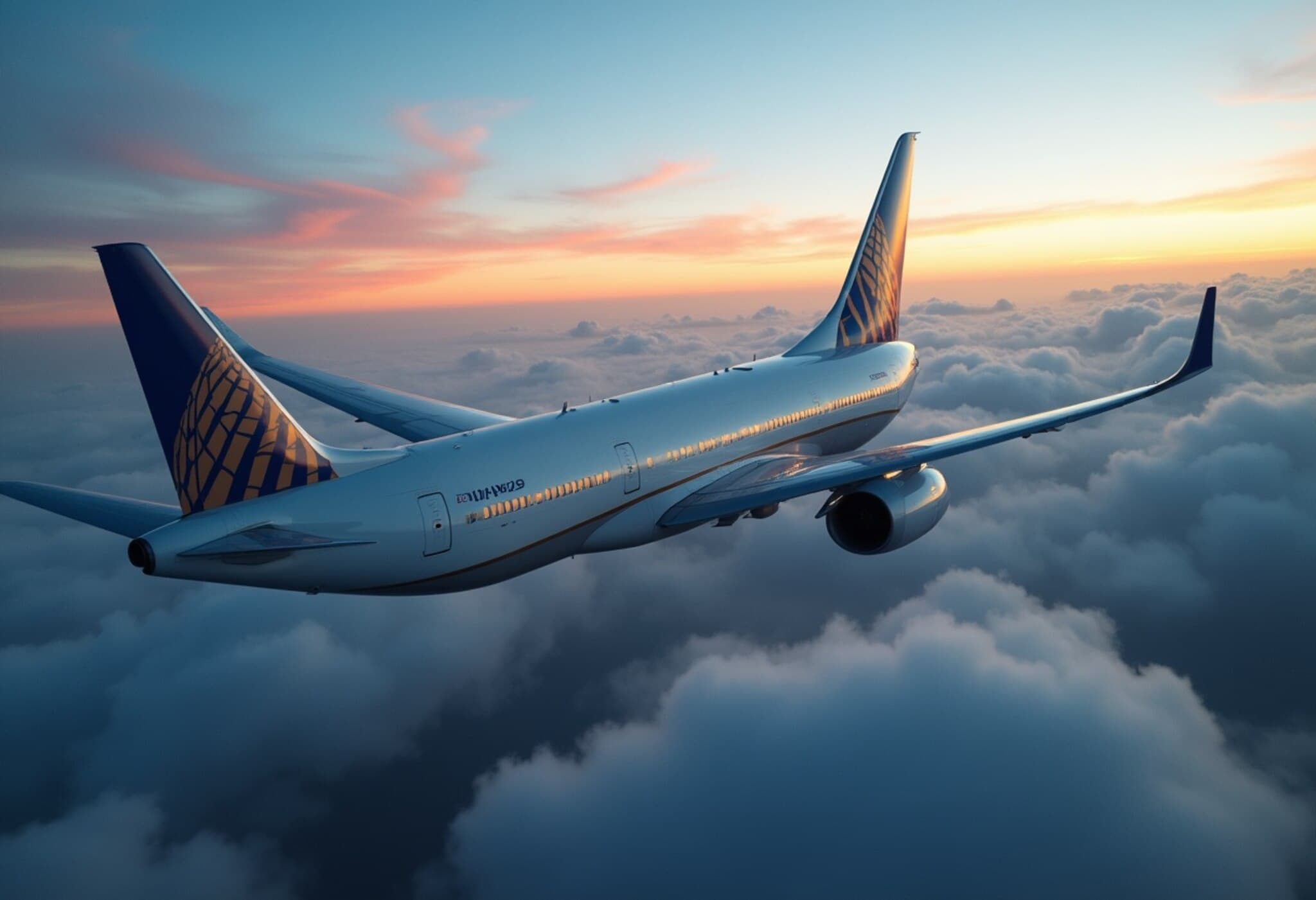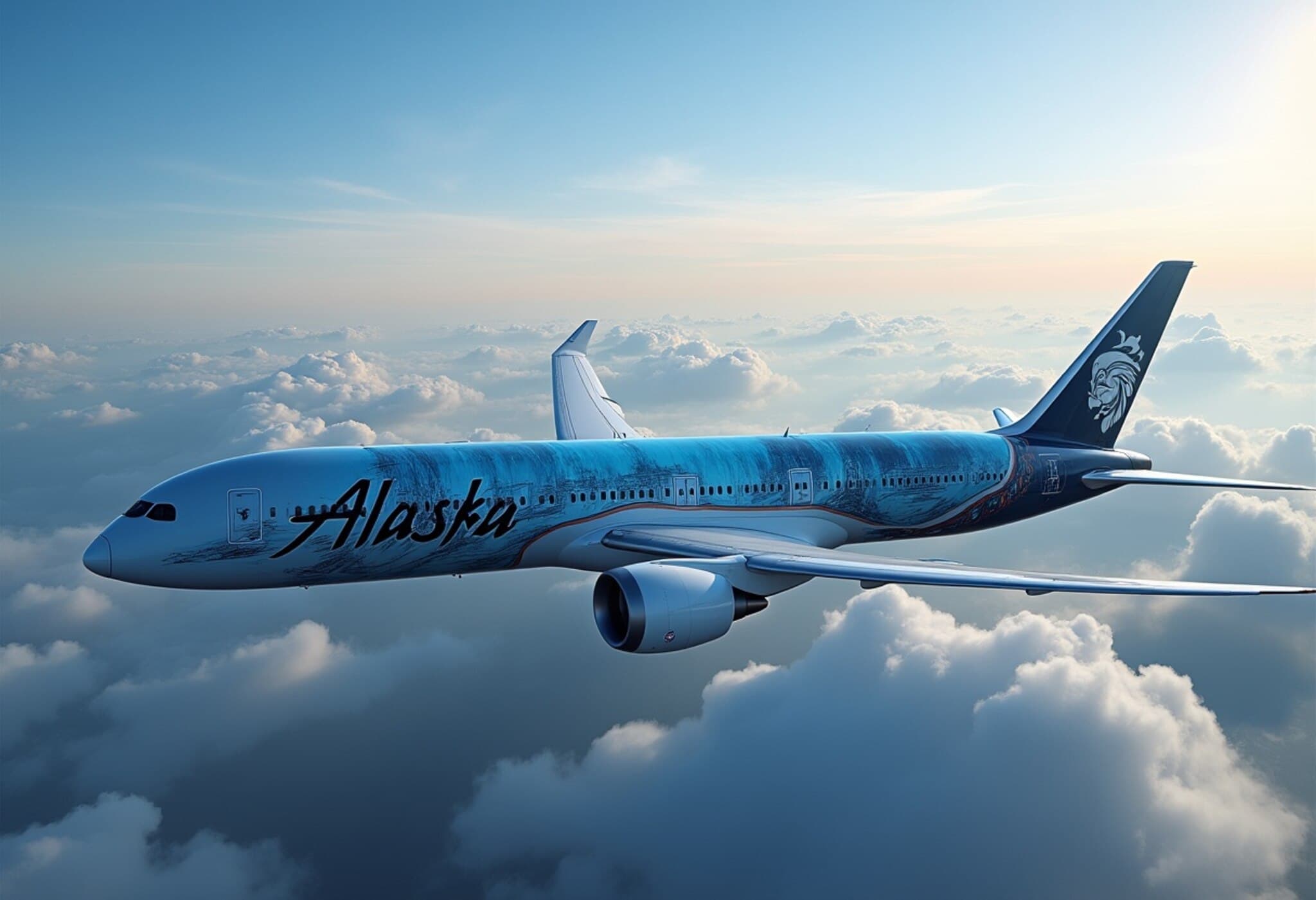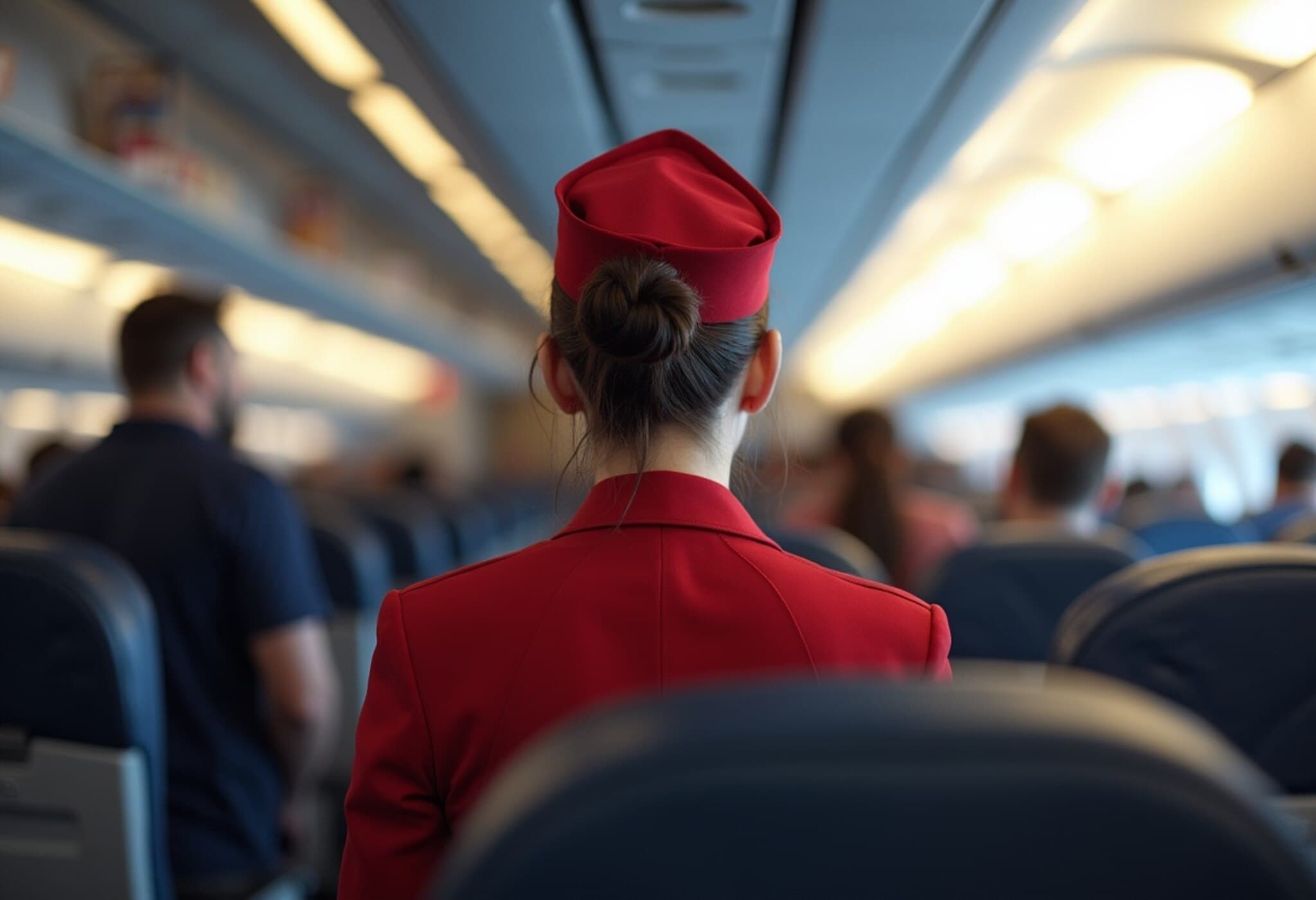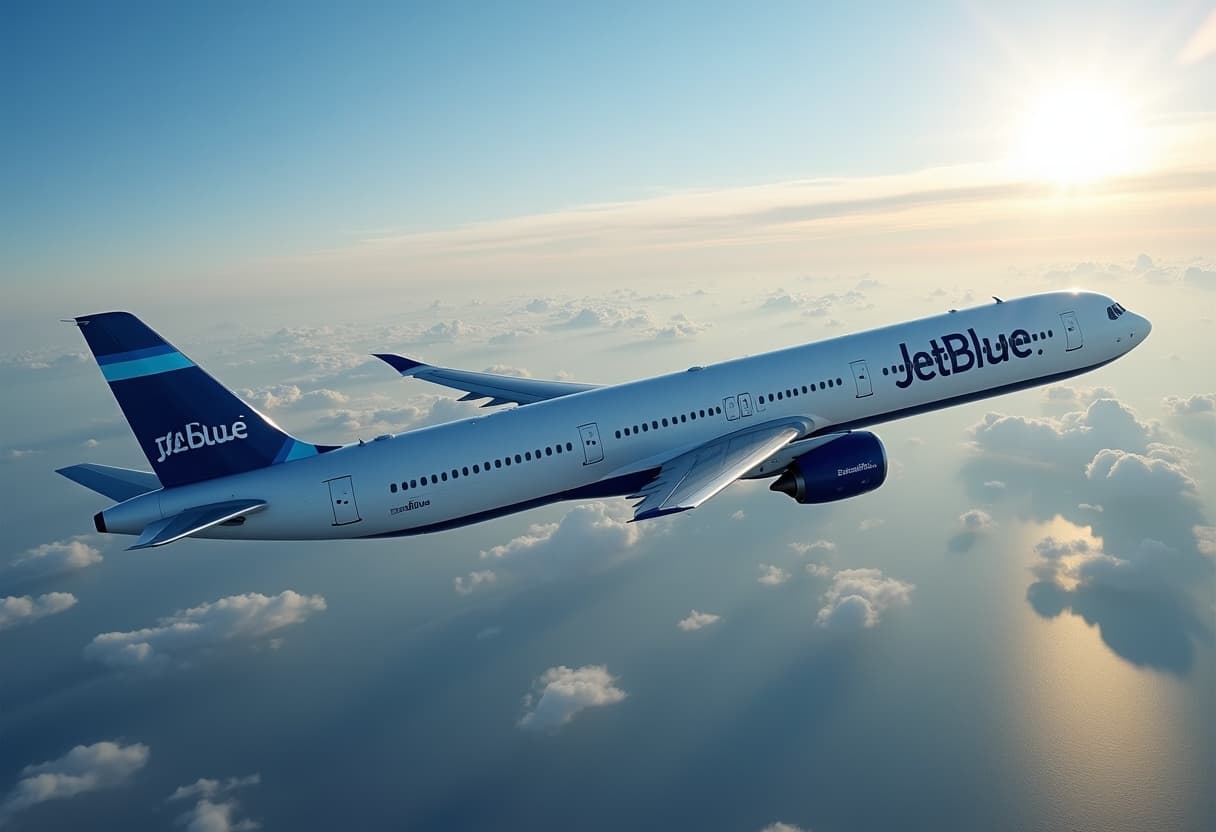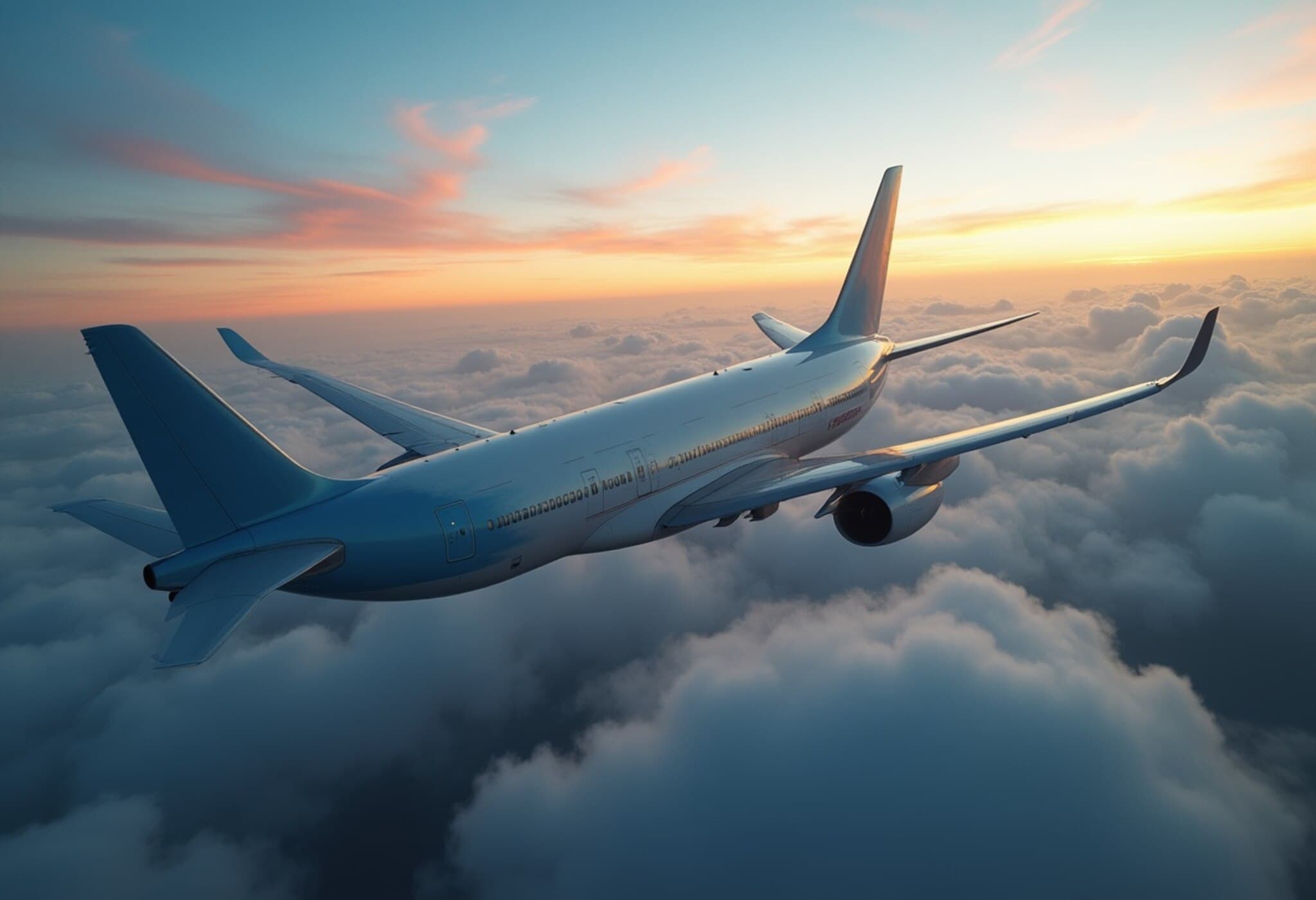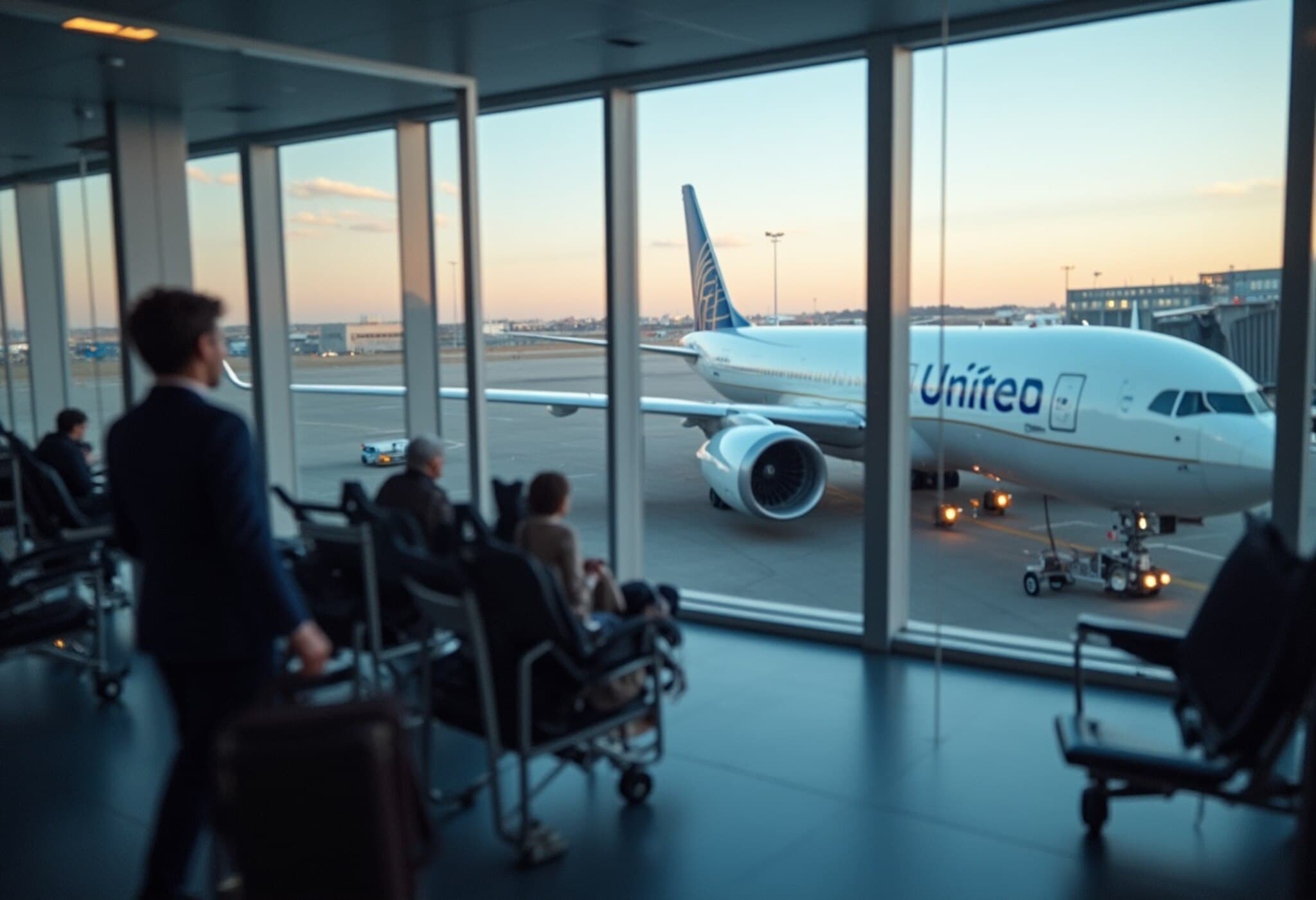Nationwide Disruption: United Airlines Grounded Amid System-Wide Outage
On the evening of August 7, 2025, United Airlines experienced a significant technology failure that abruptly halted its operations across the United States. This unexpected system outage prompted the Federal Aviation Administration (FAA) to impose a nationwide ground stop specifically targeting United flights, affecting major hubs such as Denver, Newark, Houston, and Chicago.
Operational Freeze and Passenger Impact
The disruption began around 8 p.m. local time, causing a wave of delays and cancellations that left thousands of travelers stranded. United Airlines promptly announced the suspension of mainline departures at departure airports, emphasizing that customer safety remained their top priority.
As airport departure boards turned red with delay notices and cancellations, passengers expressed their frustration on social media platforms, capturing the anxiety and inconvenience felt nationwide.
FAA’s Role and Broader Aviation Concerns
The FAA's targeted ground stop is a critical measure used to contain disruptions and prevent cascading delays, but the incident raises deeper questions about aviation technology resilience. This is not an isolated event; the airline industry has faced a spate of operational interruptions recently.
- Last month: Alaska Airlines grappled with a similar IT malfunction that grounded its entire fleet.
- Earlier this year: Newark experienced multiple air traffic control system failures, causing successive disturbances.
- January 2025: A tragic mid-air collision near Washington’s Reagan National Airport resulted in numerous fatalities, spotlighting concerns about aviation coordination and infrastructure safety.
Expert Insights: Navigating Technology in Aviation
Industry experts highlight that modern commercial aviation increasingly depends on complex digital systems for scheduling, communication, and flight operations. While these systems improve efficiency, they also introduce vulnerabilities that can cascade into widespread operational paralysis if technical glitches occur.
From a policy perspective, the recurrence of IT failures sounds an alarm for both airlines and regulators to invest more in robust cybersecurity measures and system redundancies. Given the economic stakes involved—air travel is a multi-billion-dollar industry vital to national and global commerce—ensuring uninterrupted operations is paramount.
The Human Side of Air Travel Disruptions
Beyond logistics and technicalities, these outages take a profound toll on passengers: missing vital connections, altered plans, and increased stress. The emotional weight carried by travelers and their families during such disruptions underscores the imperative for airlines to communicate transparently and provide effective customer support.
Looking Ahead
United Airlines is currently working to resolve the issue and resume normal flight schedules. Meanwhile, aviation authorities and operators face growing pressure to enhance system reliability and rebuild traveler confidence in air travel's safety and punctuality.
Editor’s Note
This latest outage at United Airlines spotlights the fragility of the increasingly tech-dependent aviation system in the U.S. While ground stops serve as immediate safety measures, they expose the vulnerability of critical infrastructure that millions rely on daily. As air travel rebounds post-pandemic, stakeholders must balance technological innovation with rigorous safeguards. How can regulators and airlines collaborate more effectively to prevent similar disruptions? And what does this mean for the future of air travel security and passenger experience? Readers are encouraged to reflect on these questions as the story develops.


